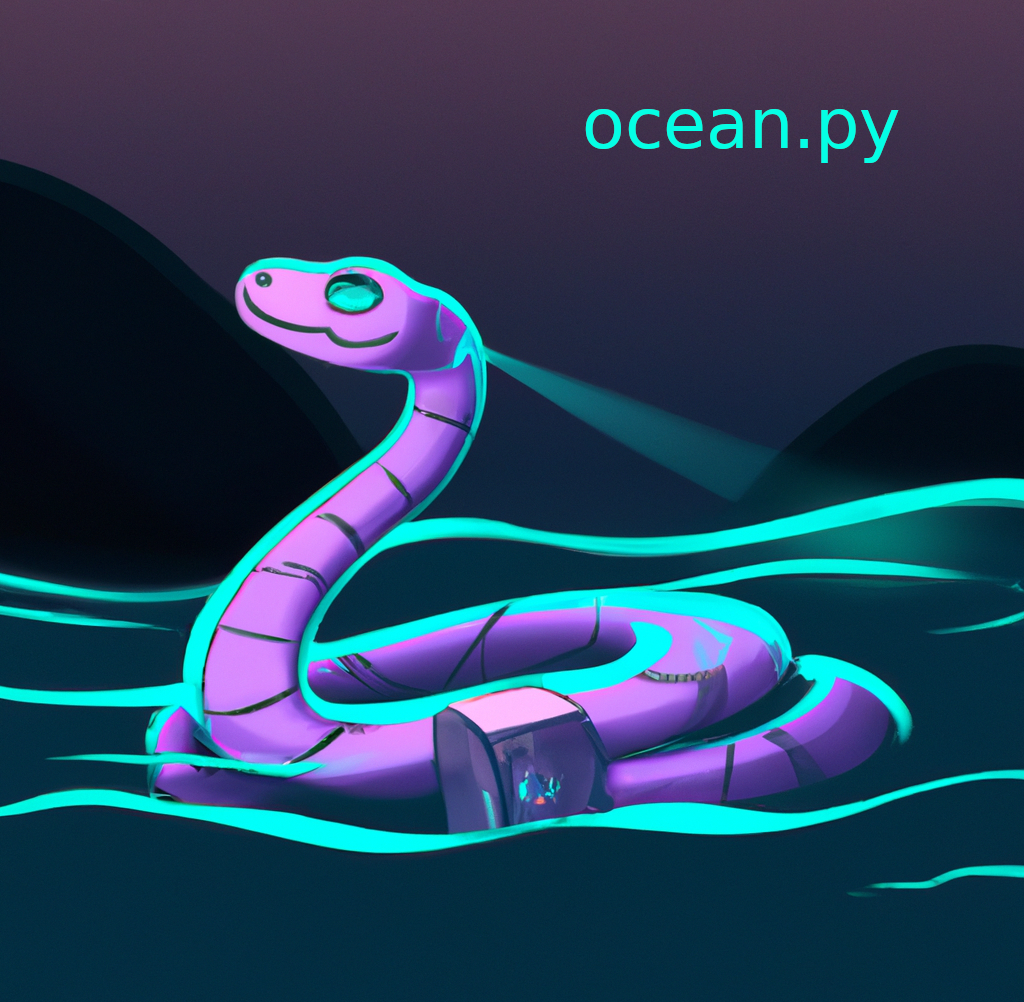mirror of
https://github.com/oceanprotocol/docs.git
synced 2024-11-26 19:49:26 +01:00
| .. | ||
| compute-flow.md | ||
| consume-flow.md | ||
| datatoken-interface-tech-details.md | ||
| install.md | ||
| local-setup.md | ||
| ocean-assets-tech-details.md | ||
| ocean-compute-tech-details.md | ||
| publish-flow.md | ||
| README.md | ||
| remote-setup.md | ||
| technical-details.md | ||
| description |
|---|
| Python library to privately & securely publish, exchange, and consume data. |
Ocean.py
Ocean.py helps data scientists earn $ from their AI models, track provenance of data & compute, and get more data. (More details here.)
Ocean.py makes these tasks easy:
- Publish data services: data feeds, REST APIs, downloadable files or compute-to-data. Create an ERC721 data NFT for each service, and ERC20 datatoken for access (1.0 datatokens to access).
- Sell datatokens via for a fixed price. Sell data NFTs.
- Transfer data NFTs & datatokens to another owner, and all other ERC721 & ERC20 actions using web3.
As a Python library, Ocean.py is built for the key environment of data scientists. It that can simply be imported alongside other Python data science tools like numpy, matplotlib, scikit-learn and tensorflow.

Quickstart 🚀
Follow these steps in sequence to ramp into Ocean.
- Install Ocean 📥
- Setup 🛠️
- Publish asset, post for free / for sale, dispense it / buy it, and consume it
- Run algorithms through Compute-to-Data flow using Ocean environment.
After these quickstart steps, the main README points to several other use cases, such as Volume Data Farming, on-chain key-value stores (public or private), and other types of data assets (REST API, GraphQL, on-chain).